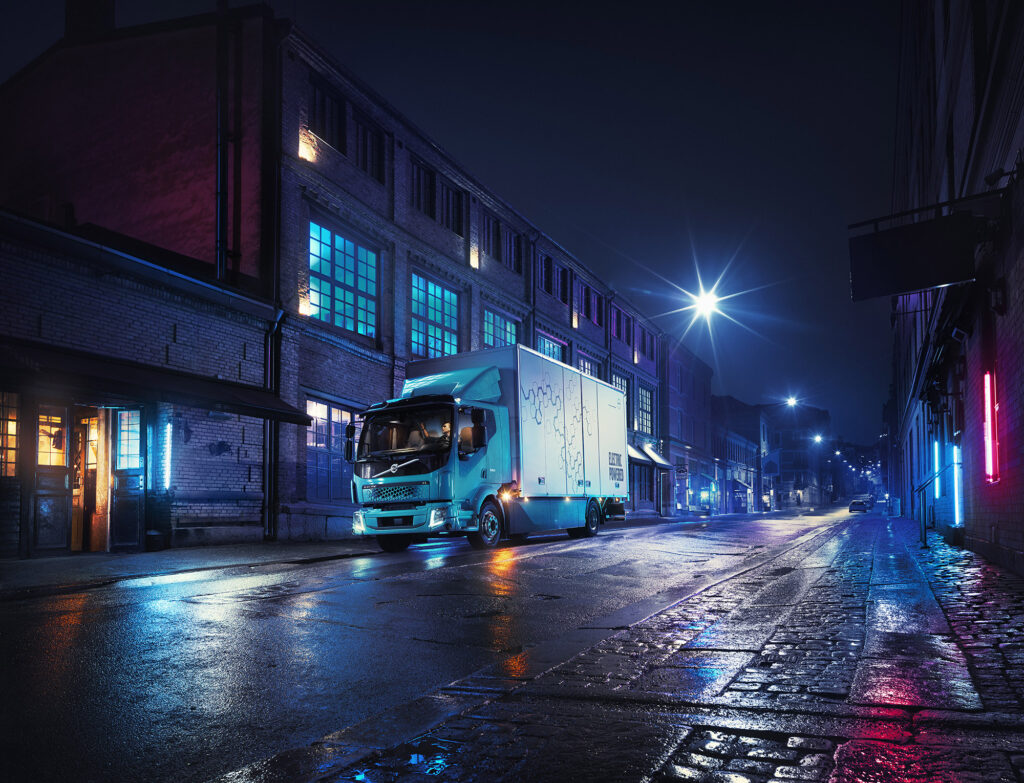Global electric truck market not going anywhere, says Green Truck Summit speaker
Tim Campbell arrived at the Green Truck Summit completely confident that equipment like fuel-cell-electric trucks will become a reality. Because he’s seen them before. In 2019.
The equipment that he saw on the floor of a commercial vehicle show in Wuhan, China, was just one example of zero-emission-vehicle advances that he has seen in markets throughout the world.
“Anybody that thinks that this is going away is kidding themselves,” said the managing director of Campbells Consultancy, during a presentation in Indianapolis.
“We already know what the end game is ultimately. It’s just a case of how long.”

That hardly means the technologies are finalized, though.
“Every week and every month, things change from different parts of the world,” he said. “Anybody that says they’re an expert in this industry and they know everything is kidding you.”
It’s why he stresses this is the time for fleets to become testing emerging battery-electric and fuel-cell-electric models as they begin to emerge, learning all-important lessons along the way. “There’s not a commercial van or a heavy-duty truck that will do every operation. What you need to do is look at every niche market,” he said. “There is no silver bullet.”
And not everything will work as promised. “We’re trying to do in 120 months what it took 120 years to get to. You cannot do that without breaking a few eggs,” he said of the road ahead.
Fleets might also want to look overseas for signs of what will emerge. In terms of drivelines, he expects close alignment with European truck models, given the presence of Daimler, Volvo, and Traton in North America. Even Europe’s DAF is connected to Paccar.
“They look completely different, but the drivelines in terms of batteries, in terms of voltage, in terms of axles, are all the same,” he said, referring to European models like the Volvo FL and Daimler’s eActros.
The push for zero-emission vehicles also leading to a different industry in other respects. Energy companies and manufacturers are now coming together to develop solutions. Campbell believes manufacturers will become energy companies in their own right, as they look to offset the 30-40% repair and maintenance savings when comparing diesel and electric equipment.
Even arch rivals are joining forces in key joint ventures. Volvo and Daimler have partnered in cellcentric fuel cells. Daimler, Iveco, Shell and Volvo Group are working to roll out hydrogen networks in Europe. Daimler, Volvo and Traton have announced plans for a joint venture to install 1,700 charging points close to highways and logistics centers within five years.
Regulators in other countries are also accelerating the plans with timelines that would even be considered tight from California standards. All vans sold in the UK, for example, will need to be powered electrically as early as 2030.
Still other pilot projects are looking beyond batteries and fuel cells. Catenary systems could, in some cases, power trucks that connect to wires strung above their routes. DAF is also experimenting with hydrogen as a gaseous fuel in the XF combustion system. “Not zero-emission,” he noted of the latter work. “It’s low-emission.”
Even warranties will evolve and require a new approach, Campbell added. Rather than mileage, a vehicle’s battery system might come with the promise to reach a collective 350 megawatts over its life. But exactly what does that mean? Fleets will need to find out.
“It’s upside-down residuals. Diesels are cheap to buy, expensive to run. Electric vehicles expensive to buy but cheap to run,” Campbell said, referring to another example. “We’re turning the TCO [total cost of ownership] model on its back.”
“This is changing the world in front of you,” he said.
“Don’t bury your heads in the sand.”
Have your say
This is a moderated forum. Comments will no longer be published unless they are accompanied by a first and last name and a verifiable email address. (Today's Trucking will not publish or share the email address.) Profane language and content deemed to be libelous, racist, or threatening in nature will not be published under any circumstances.